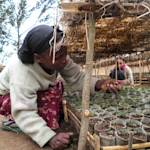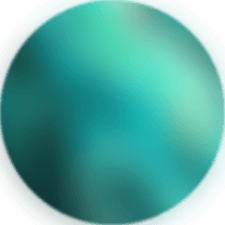European Forests, Plato
348 BC • Greece
"The consequence is, that in comparison of what then was, there are remaining only the bones of the wasted body, as they may be called, as in the case of small islands, all the richer and softer parts of the soil having fallen away, and the mere skeleton of the land being left. But in the primitive state of the country, its mountains were high hills covered with soil, and the plains...were full of rich earth, and there was abundance of wood in the mountains. Of this last the traces still remain, for although some of the mountains now only afford sustenance to bees, not so very long ago there were still to be seen roofs of timber cut from trees growing there, which were of a size sufficient to cover the largest houses; and there were many other high trees, cultivated by man and bearing abundance of food for cattle. Moreover, the land reaped the benefit of the annual rainfall, not as now losing the water which flows off the bare earth into the sea, but, having an abundant supply in all places, and receiving it into herself and treasuring it up in the close clay soil, it let off into the hollows the streams which it absorbed from the heights, providing everywhere abundant fountains and rivers, of which there may still be observed sacred memorials in places where fountains once existed; and this proves the truth of what I am saying. Such was the natural state of the country..." — Critias
Plato, and Jowett, Benjamin. The Dialogues of Plato, Translated Into English, With Analyses and Introductions, by B. Jowett. Oxford, Clarendon Press, 1892. 532.
Landscape near Achladokambos, Border of Argolis — Arcadia, Greece, 2009, courtesy of pmandrav via Flickr.
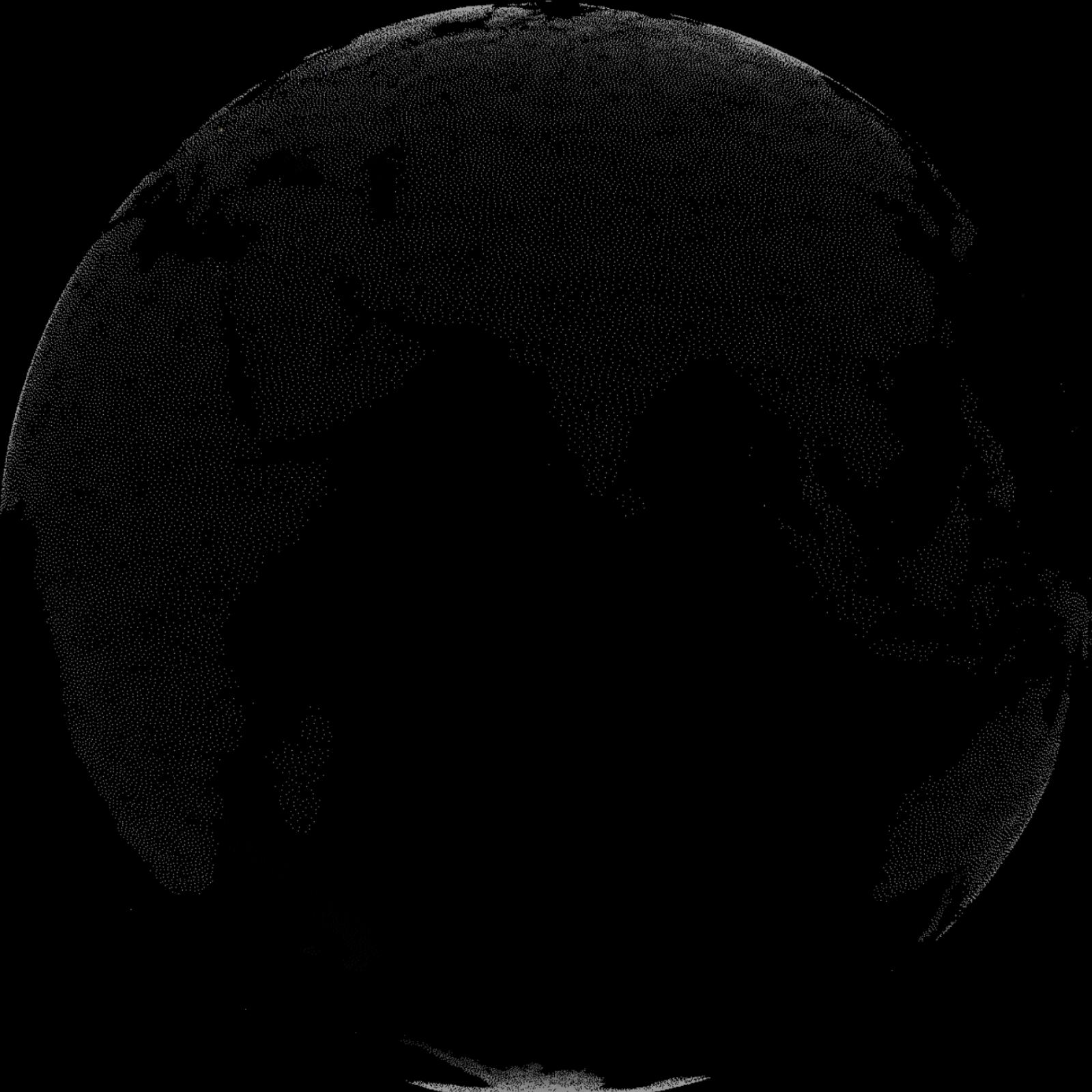

Learn about Maya Lin’s fifth and final memorial: a multi-platform science based artwork that presents an ecological history of our world - past, present, and future.
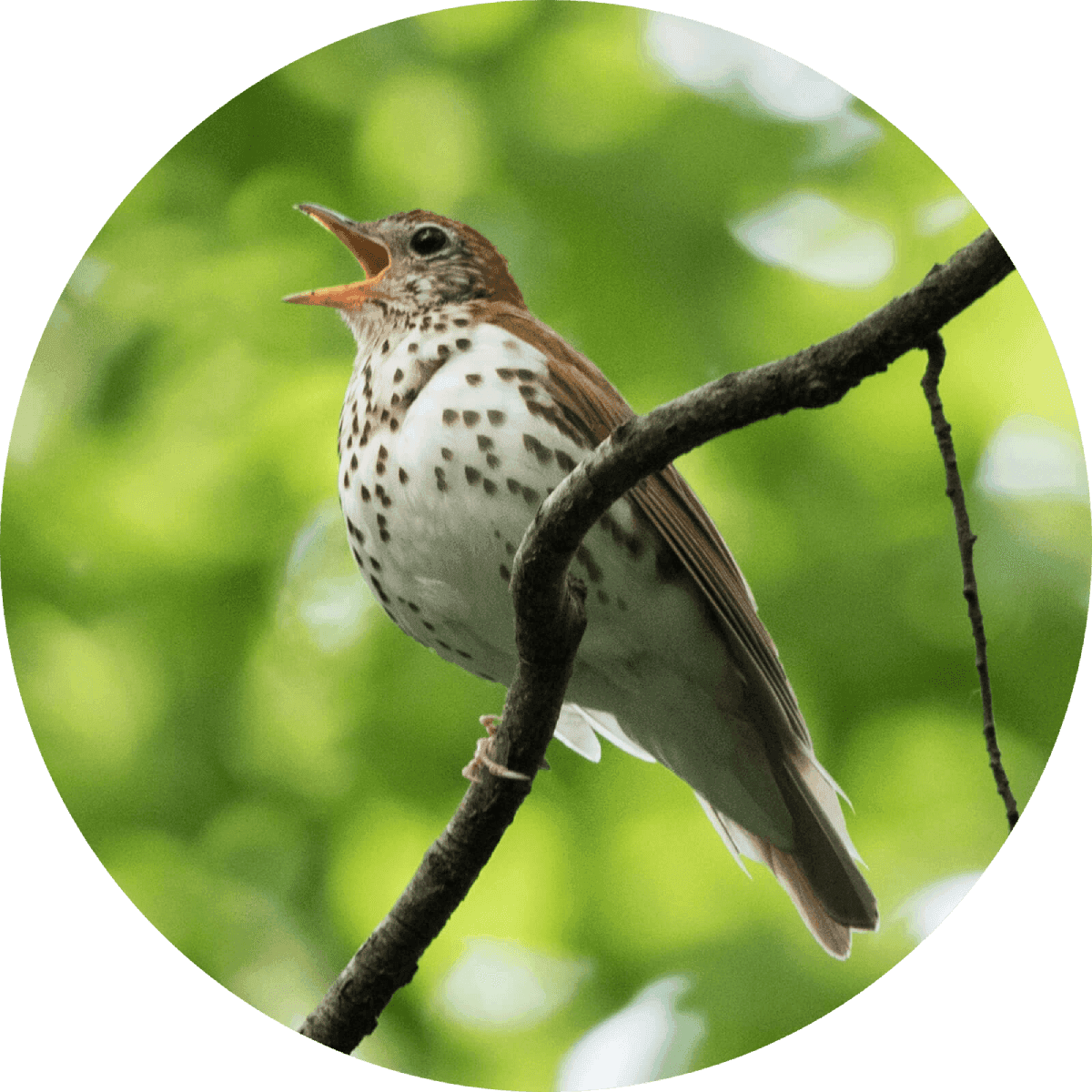
Discover ecological histories and stories of former abundance, loss, and recovery on the map of memory.
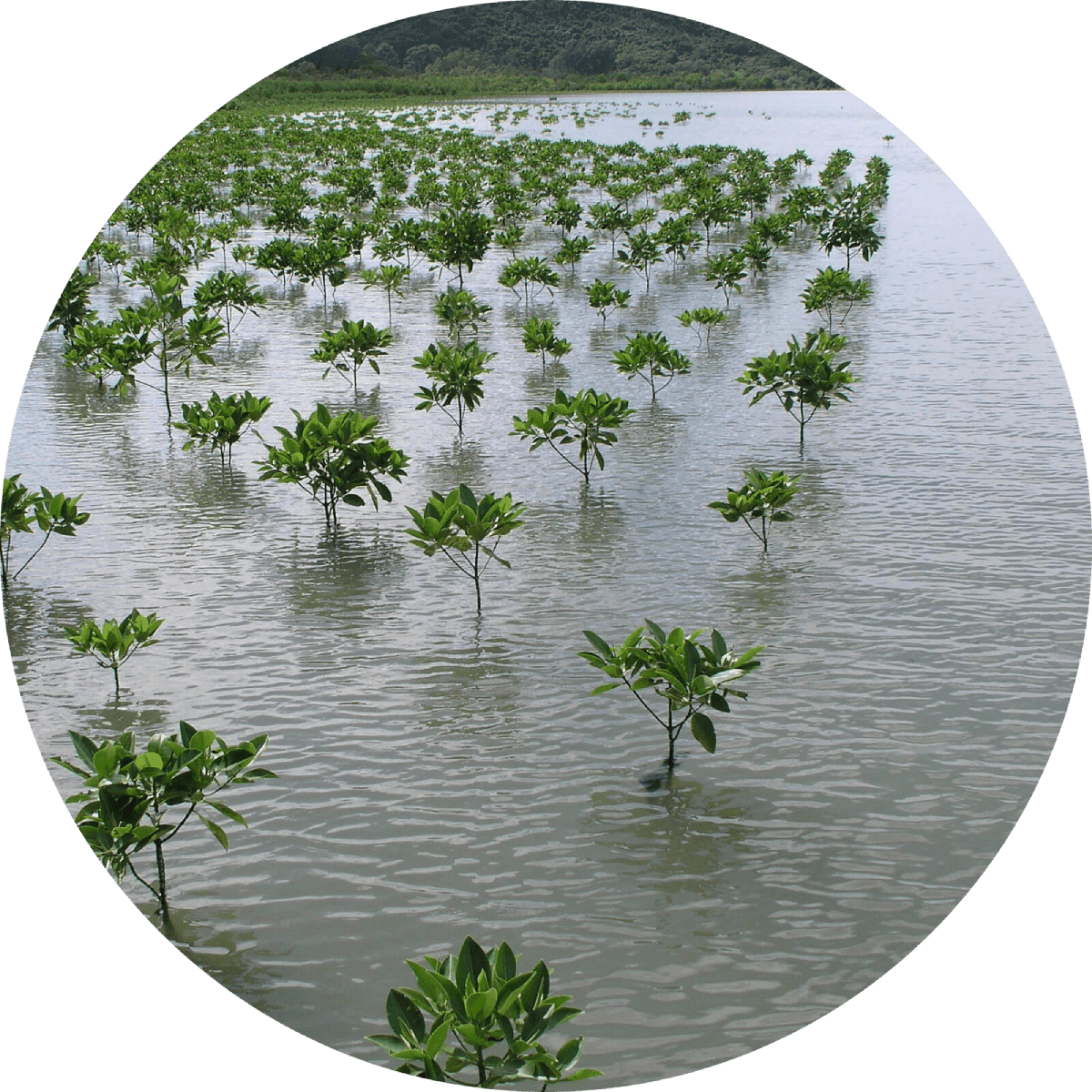
Learn how we can reduce our emissions and protect and restore species and habitats – around the world.

See how art can help us rethink the problems we face, and give us hope that each one of us can make a difference.

Help make a global memorial something personal and close to home. Share your stories of the natural world.

